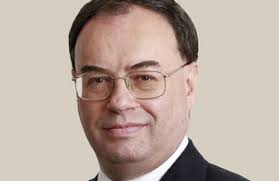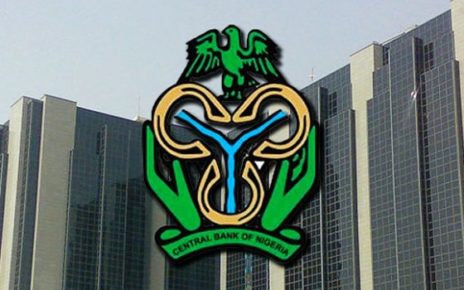The Bank of England (BoE) Monetary Policy Committee (MPC) members on Thursday unanimously voted to hold interest rates at their record low of 0.1 per cent, thereby raising fresh concerns over rising levels of consumer price index (CPI) which some experts now believe could hit five per cent.
The nine-member MPC unanimously voted in favour of holding rates and also on the bank’s retaining its £895 billion quantitative easing programme by seven to two votes. Both Michael Saunders and Dave Ramsden voted against the majority members, calling for a cut to £860m.
In arriving at its major decisions during the meeting, the MPC members noted that developments over the past month had “strengthened” the case made in August that some tightening of monetary policy could be necessary to meet the apex bank’s 2 percent inflation target sustainably in the medium term.
The committee in its latest report, However, pointed out that “considerable uncertainties remain” and stressed that it would continue to monitor developments in the labour market, including the impact of cost increases on business and employees.
The bank also projected that inflation was expected to rise in the short term “slightly above 4 per cent” in the fourth quarter of 2021 largely due to developments in energy and goods prices.
Reacting to the decisions of the MPC on the rates, associate investment director at Killik & Co, Rachel Winter, was quoted in news report as saying that “inflation appears to be showing no signs of abating as the UK continues to experience record highs, with some experts predicting that inflation will reach around 4 per cent by the end of the year.
“The central bank has repeatedly said it believes this higher inflation to be ‘transitory’, but the UK is currently experiencing supply chain issues which are likely to cause higher inflation in the short term”, she added.
This is even as savings specialist at Scottish Friendly, Kevin Brown, cautioned that inflation could peak at even higher levels.
He predicted: “The Bank of England’s latest rate announcement is littered with caveats and what ifs. It appears to fail to account for the real situation on the ground, where people are experiencing rocketing prices on a range of core needs.
“The price of gas, for instance, has soared in recent weeks, to the point where it is collapsing energy firms.
“Reading between the lines, what is really raised here is the prospect of stagflation – a toxic economic condition for the country to be in where inflation rockets thanks to supply constraints but economic activity collapses nonetheless.
“With prices soaring – we think nearer 5 per cent, rather than the BoE’s 4 per cent prediction – people are going to largely batten down the spending hatches and this is going to kill off the recovery in its relative infancy”, the financial expert added.
In his comments, senior macro strategist at Quintet Private Bank, the parent company of Brown Shipley, Tom Kremer, said: “Economic developments since last month’s policy meeting have been mixed, with growth momentum moderating somewhat as retail demand is starting to fade after an initial reopening-led bounce, though employment has fared better than expected.
“The overhang created by the expiry of the furlough scheme at the end of September, creates some uncertainty however. Consequently, we are not surprised by the Bank of England’s unchanged policy mix”, the economist added.




